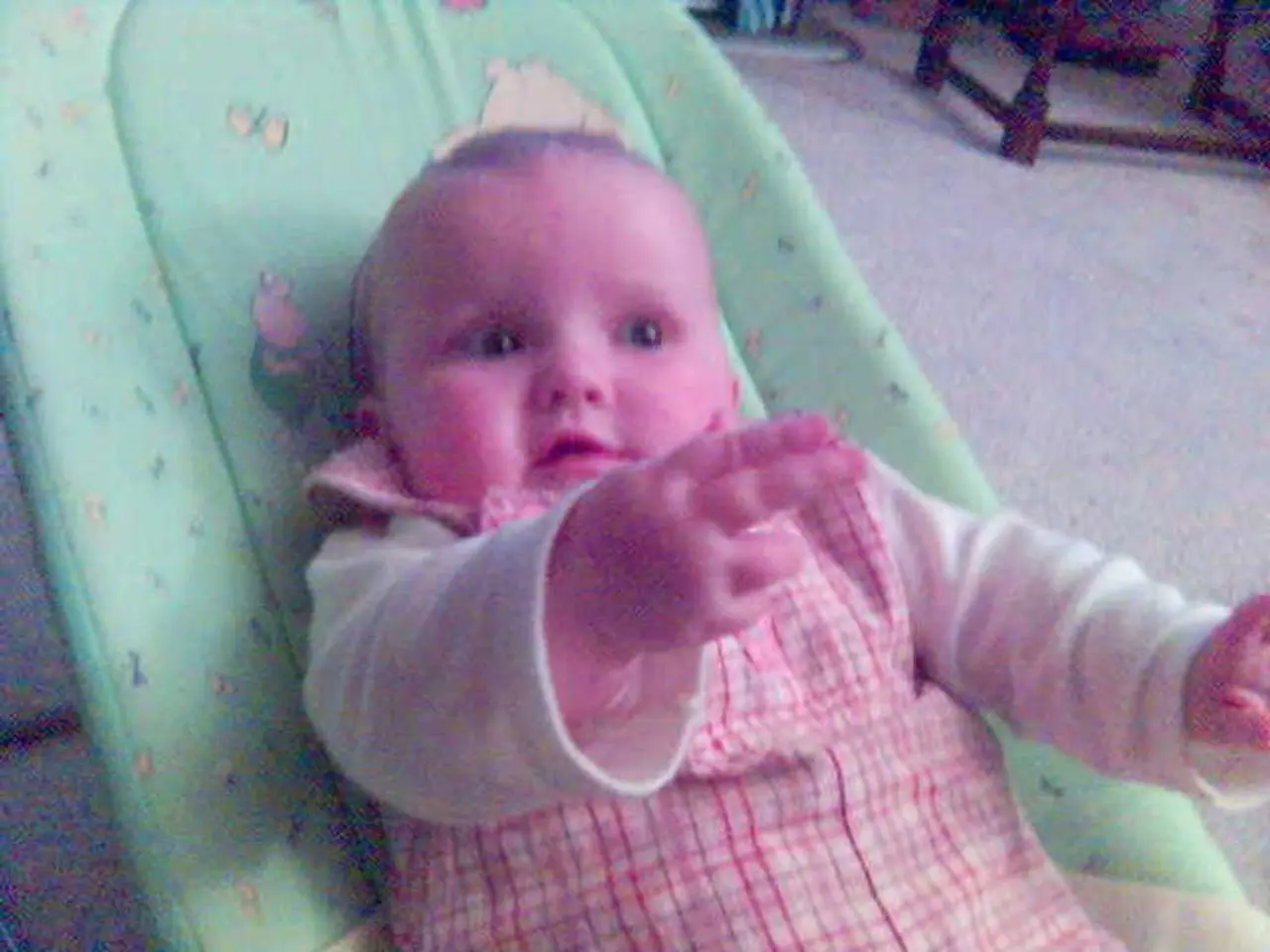Newborn Development: Understanding the Typical Progression for Premature Infants
Supporting Preemie Development: A Guide for Parents and Caregivers
Preemies, babies born before 37 weeks of gestation, require special care and attention to ensure their healthy development. Understanding preemie development is crucial for parents and caregivers to provide the necessary support and resources.
Regular check-ups and consultations with pediatricians and specialists are essential for preemie development. Healthcare providers offer valuable insights, guidance, and support to parents and caregivers of preemies. Early intervention programs focus on enhancing motor skills, communication, and cognitive abilities in preemies.
Preemies may progress at a different pace than full-term babies in reaching developmental milestones. It's important to recognize that a preemie's chronological age may not always reflect their developmental age. Common developmental milestones for preemies are generally similar to those of full-term babies but should be assessed based on their adjusted age (the chronological age minus the weeks premature).
At 1 month (adjusted age), preemies may briefly hold up their head during tummy time, focus on objects 8-12 inches away, recognize and turn toward familiar sounds, bring hands close to face, and display newborn reflexes like rooting and sucking. By 3 to 9 months (adjusted age), preemies may hold up their head without support, roll over and push up when on the stomach, increase movement in arms and legs, engage in eye contact, and show interest in their surroundings. By 6 months (adjusted age), preemies may roll over both ways, respond to sounds and their name, bring items to mouth, and pass objects from one hand to the other. By 12 months (adjusted age), preemies may make basic gestures like waving goodbye or shaking their head “no,” walk while holding onto furniture, say simple words like “mama” or “dada,” and play interactive games.
Preemies may encounter specific challenges along their developmental journey, such as feeding difficulties or respiratory issues. Underdeveloped organs, including their lungs, heart, digestive system, and brain, can contribute to these challenges. Preemies often have a lower birth weight compared to full-term infants, putting them at a higher risk of developing long-term health complications.
It's crucial not to delay seeking help if there are concerns about a preemie's development. Potential red flags signaling developmental delays in preemies include floppy or stiff muscles, poor feeding or difficulty latching, weak or absent reflexes, seizures or unusual crying patterns, and not startling at loud noises or following moving objects. Regular use of adjusted age is key when tracking development in preemies during their first 2 years.
Resilience plays a significant role in preemie development, helping them overcome challenges and adapt to their environment. Each preemie is unique, and their individual differences should be celebrated rather than seen as setbacks. Working with healthcare professionals, preemies can receive specialized therapies such as physical, occupational, and speech therapy to address any challenges they may face in their development.
Early intervention services are designed to support preemies and their families and can provide therapies, resources, and guidance to address any developmental delays or challenges. If parents or caregivers have concerns about their preemie's development, it's essential to seek professional advice promptly. The journey of preemie development may be challenging, but with the right support and resources, preemies can thrive and reach their full potential.
- Throughout the precious hours of bedtime, parents can cater to their preemie's emotional development by maintaining a calming environment and providing soothing songs or stories.
- A preemie's family plays a crucial role in their health and wellness, ensuring their nutrition is on point, providing steady learning opportunities, and prioritizing their education and safety.
- As preemies grow, they reach various developmental milestones, and parents can track their progress by staying informed on family-health, mental-health, education, and science topics related to preemie development.
- Along their developmental journey, preemies often need guidance on appropriate behavior to help them adapt and interact with their peers at school and in family settings.
- Parenting a preemie is a demanding yet rewarding responsibility that requires patience, perseverance, and a strong foundation of knowledge about preemie specific health, parenting, and family dynamics.
- The science of child development reveals that preemies require special attention to ensure they catch up with their peers in terms of motor skills, communication, and cognitive abilities.
- To facilitate their preemie's development, parents and caregivers can consult with health professionals, participate in early intervention programs, and invest in resources from health-and-wellness organizations that support preemies and their families.
- On the journey of preemie development, it is imperative to put safety precautions in place to minimize environmental risks and accidents that could hamper their physical and mental growth.
- By partnering closely with healthcare providers, preemies' families can achieve a harmonious family life, embracing the unique challenges and triumphs that come with raising a preemie.




